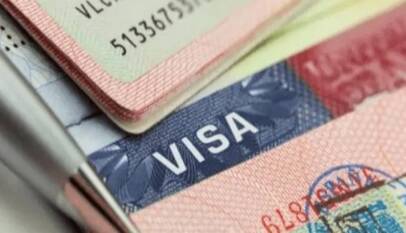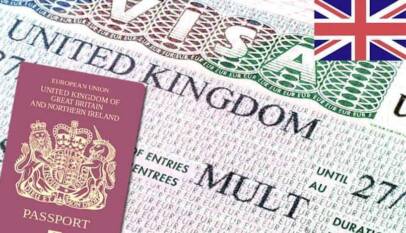
Malaysia has introduced new regulations to streamline the process of adjusting Employment Pass (EP) categories for foreign workers. These changes, effective immediately, are designed to enhance transparency, improve compliance, and simplify the process for both employers and employees.
The new guidelines, implemented by the Malaysian Immigration Department, aim to clarify the procedures surrounding Employment Pass applications, ensuring that foreign workers and employers are aligned with updated rules and requirements.
Employment Pass Overview
The Employment Pass (EP) is a work permit that allows foreign nationals to work in Malaysia. Typically valid for up to 60 months, depending on the contract, the EP also offers the option to apply for a Dependent Pass, enabling holders to bring their spouse and children under 18 years of age to the country.
EP holders are tied to their employer as specified on their pass. If an employee changes employers, a new application for an Employment Pass is required. These rules are crucial for ensuring a seamless process for foreign workers seeking to work in Malaysia while maintaining legal compliance.
Key Changes to the Employment Pass Application Process
As part of the recent updates, employers must now follow additional steps when applying for a change in Employment Pass categories. The changes, which will take effect on January 1, 2025, include:
- Cancellation of Existing Employment Pass: Employers must cancel the existing Employment Pass when applying for a new category.
- Submission of a ‘Change of Category’ Letter: A letter indicating the change of category must be submitted as part of the approval process.
These measures are designed to increase the accuracy and transparency of Employment Pass applications.
Eligibility and Documentation Requirements
Before applying for an Employment Pass, both employers and foreign workers must meet specific eligibility criteria. The hiring company must be authorized to employ expatriates, and the foreign worker’s role must be approved by the Expatriate Committee (EC) or other relevant authorities. Additionally, applicants are required to submit proper documentation, including the necessary letter for category changes.
Foreign workers must also comply with the specific terms of their Employment Pass, including the requirement to submit a new application if they wish to change employers. EP holders can also apply for a Dependent Pass to bring their spouse and children under 18 to Malaysia.
Other Types of Passes Available
In addition to the Employment Pass, Malaysia offers several other work permits to cater to various employment needs:
- Professional Visit Pass (PVP): For short-term assignments, valid for up to 12 months.
- Temporary Employment Pass (TEP): Issued for unskilled or semi-skilled workers, typically in manufacturing, agriculture, or services.
- Resident Pass-Talent (RP-T): For highly skilled professionals, providing a renewable 10-year visa with the flexibility to work with any employer.
Visa Fee Increases to Support Processing Efficiency
In conjunction with the changes to the Employment Pass system, Malaysia has also announced increases in the fees for several visa categories. The cost of an Employment Pass has risen from MYR 800 to MYR 2,000, while the Dependent Pass fee has increased from MYR 450 to MYR 500. Other visas, including the Professional Visit Pass and Long-Term Social Visit Pass, have also seen fee hikes.
These fee increases are part of an effort to expedite processing times for critical sectors in Malaysia, helping to streamline immigration procedures and enhance overall efficiency.
Conclusion
The recent updates to Malaysia’s Employment Pass system reflect the country’s commitment to simplifying immigration processes and improving efficiency for employers and foreign workers.
With faster processing times expected as a result of the fee increases, both employers and workers need to familiarize themselves with the new regulations to avoid delays and ensure smooth processing of Employment Pass applications.
For those seeking employment in Malaysia, understanding the various work permits and adhering to the updated rules will help ensure a seamless experience in obtaining the appropriate visa.































